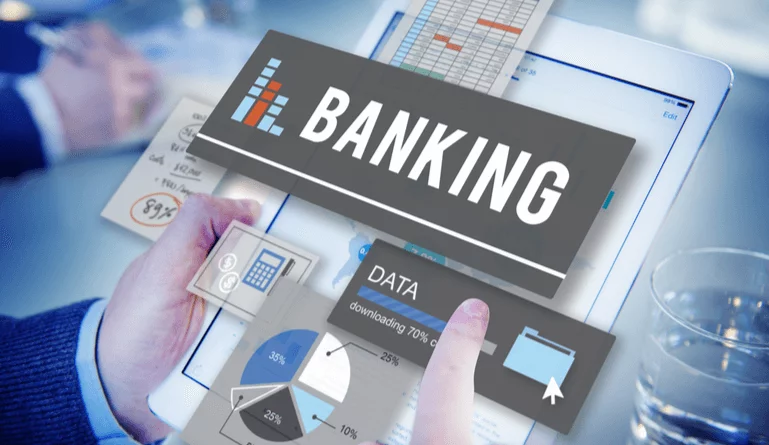In today's digital age, the banking sector is undergoing a profound transformation fueled by advancements in technology, particularly big data analytics. These innovative tools are reshaping how banks operate, interact with customers, and manage risks, ushering in a new era of efficiency and personalized financial services.
Enhanced Customer Insights and Personalization
Big data analytics in banking enables institutions to gather, store, and analyze vast amounts of customer data. This data includes transaction histories, spending patterns, social media interactions, and more. By harnessing this information, banks can gain deeper insights into customer behaviors and preferences. This allows them to offer personalized services and targeted marketing campaigns that resonate with individual customer needs, enhancing overall customer satisfaction and loyalty.
Improved Risk Management and Fraud Detection
Effective risk management is crucial for banks to maintain financial stability and comply with regulatory requirements. Big data analytics empowers banks to analyze historical and real-time data to identify potential risks proactively. By detecting patterns and anomalies in transactions, banks can mitigate fraud risks and enhance cybersecurity measures. This proactive approach not only protects customers' assets but also safeguards the bank's reputation.

Operational Efficiency and Cost Reduction
Big data analytics streamlines banking operations by automating processes and optimizing resource allocation. By analyzing operational data, banks can identify inefficiencies and bottlenecks, leading to streamlined workflows and reduced costs. This efficiency allows banks to allocate resources more effectively, focusing on innovation and improving customer service rather than manual administrative tasks.
Predictive Analytics for Financial Decision Making
Predictive analytics powered by big data enables banks to make data-driven decisions with greater accuracy and foresight. By analyzing historical trends and customer behaviors, banks can forecast market trends, assess credit risks, and optimize investment strategies. This predictive capability not only enhances profitability but also enables banks to anticipate and respond to changing market dynamics swiftly.
Enhanced Regulatory Compliance
Regulatory compliance is a significant challenge for the banking sector, with stringent requirements to protect customer data and ensure financial transparency. Big data analytics assists banks in monitoring and analyzing vast amounts of data to ensure compliance with regulatory standards. By automating compliance processes and generating comprehensive reports, banks can demonstrate adherence to regulations more efficiently, reducing the risk of penalties and legal issues.
Challenges and Considerations

While big data analytics offers numerous benefits to the banking sector, it also presents challenges. Managing and securing large volumes of sensitive customer data requires robust cybersecurity measures and compliance with data protection regulations such as GDPR and CCPA. Additionally, ensuring the accuracy and reliability of data analytics algorithms is essential to avoid biased decisions and maintain trust with customers.
Future Outlook
The future of big data analytics in banking is promising, with ongoing advancements in artificial intelligence (AI) and machine learning (ML) further enhancing predictive capabilities and customer personalization. As banks continue to invest in digital transformation initiatives, leveraging big data analytics will be crucial for staying competitive in a rapidly evolving financial landscape.
Conclusion
Big data analytics is revolutionizing the banking sector by enabling institutions to leverage data-driven insights for enhanced customer experiences, improved risk management, operational efficiency, and regulatory compliance. As banks embrace these technological advancements, they are poised to deliver more personalized financial services and maintain a competitive edge in the global market. Embracing big data analytics is not just a trend but a strategic imperative for banks looking to thrive in the digital age and meet the evolving expectations of modern consumers.